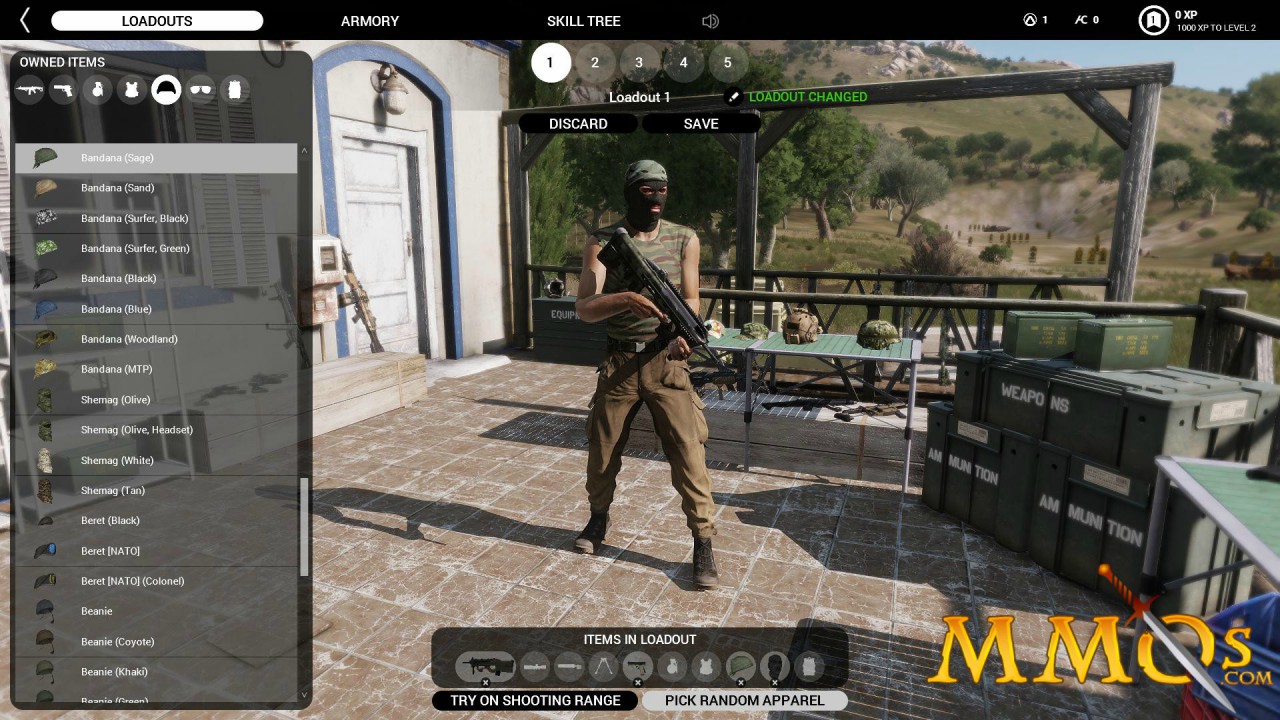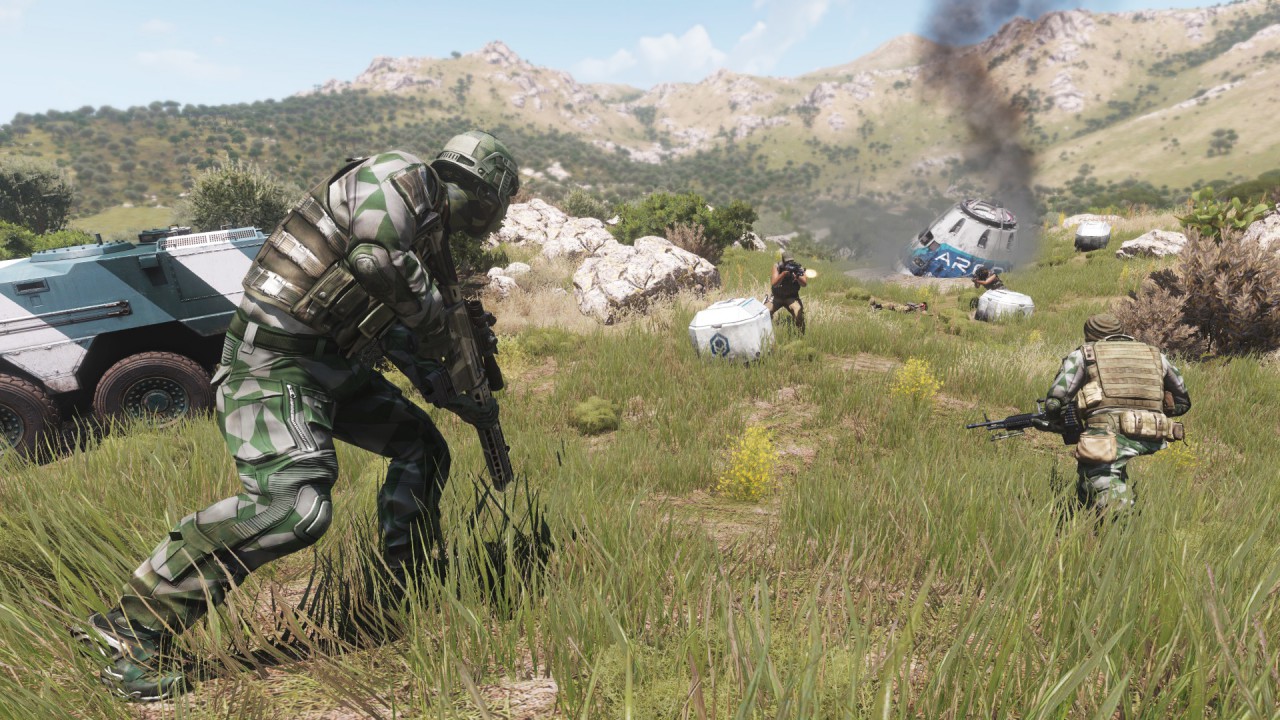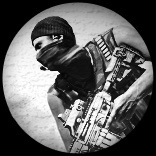The Anatomy of a Role – Division of Labor in Tactical Teamplay
In Argo, the concept of individual performance is deeply intertwined with how well players embody and execute their designated roles within a squad. Unlike more casual or fast-paced shooters where players can freely alternate between offense and defense without much consequence, Argo demands careful planning and specialization. Every team is a mosaic of roles that must work in synergy for any meaningful success on the battlefield. The traditional archetypes—rifleman, support, marksman, grenadier, and squad leader—are not just cosmetic labels. Each one has specific responsibilities and optimal engagements that define a team’s strategic options. The rifleman serves as the backbone of the squad, providing consistent pressure and flexibility in both defense and assault scenarios. Support roles are essential for area control and suppression, often laying down fire to pin enemies or covering flanks. Marksmen act as the surgical tools of the team, eliminating high-priority targets at range and providing overwatch across choke points. Grenadiers control space with explosive ordinance, creating temporary zones of denial or forcing enemy movement into traps. Finally, the squad leader functions as the tactical brain—relaying orders, coordinating movements, and adjusting strategy in real time based on changing battlefield conditions. When executed properly, these roles turn a five-person team into a fluid combat unit capable of adapting to virtually any threat.

The strength of Argo’s role system lies in how it encourages commitment and specialization. Players who dedicate themselves to mastering a single role unlock a deeper understanding of their tactical utility and limitations. A rifleman who knows every reload timing and corner advantage becomes a consistent damage dealer and frontline fighter. A skilled support player understands not only when and where to lay down suppression, but how to bait enemy reactions and enable squad advancement. For marksmen, situational awareness is just as important as aim—selecting the right vantage point, predicting enemy movement, and timing shots to disrupt pushes can completely swing a match. Grenadiers are the wildcards, requiring creativity and precision, especially when using smoke or frag grenades to control objectives or breach rooms. The squad leader’s role evolves most dramatically throughout a match, as they must synthesize input from teammates, track the enemy’s strategies, and decide when to push, hold, rotate, or fall back. This division of labor rewards teams that invest time into internal coordination and role definition, often leading to the emergence of sub-strategies like three-two splits, pincer assaults, or layered defenses. The better each operator understands their function, the less they need to improvise under pressure, and the more cohesive the squad becomes in fluid engagements.

 100
Play
100
Play
Over time, as the community has matured, so too has the approach to roles within Argo. Advanced teams now operate with role hybrids, where players train for dual specialization—such as rifleman-support or grenadier-marksman—allowing for mid-match tactical shifts without breaking formation. These hybrid roles are often supported by loadout customization and on-the-fly communication, enabling squads to pivot strategies without losing momentum. This evolution has brought a new layer of meta to the game: loadout flexibility, communication shorthand, and adaptive formations. Veteran players often coach new recruits in “role discipline,” encouraging them to resist the urge to play hero and instead fulfill their function within the greater plan. Such a structured, role-driven philosophy is what differentiates high-level Argo from its casual counterparts. It mirrors real-world combat teams where every operator’s task is mission-critical, and it elevates gameplay from chaotic skirmishes to calculated campaigns. In a genre saturated with games that often reward lone wolves, Argo’s reliance on clearly defined roles reaffirms the value of unity, planning, and trust—reminding players that in this world, no one wins alone.


